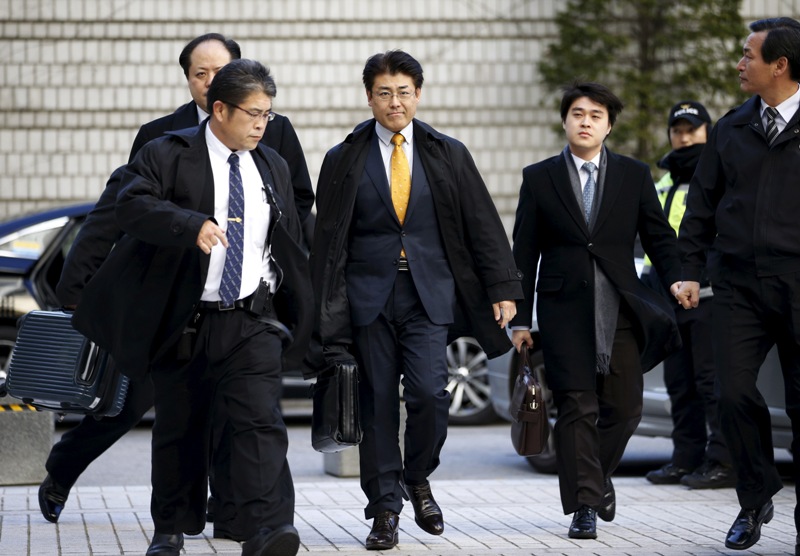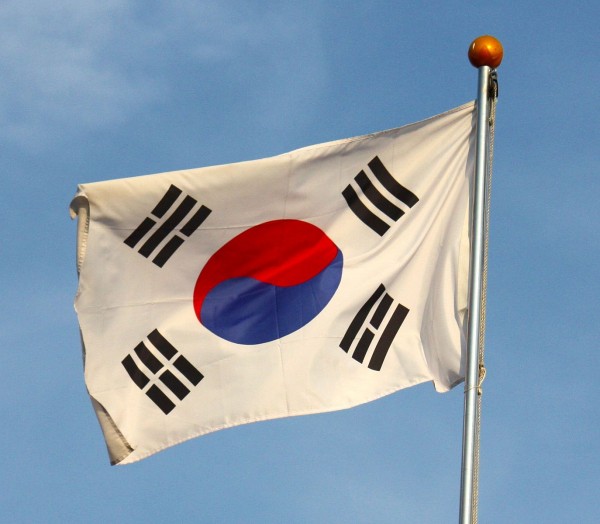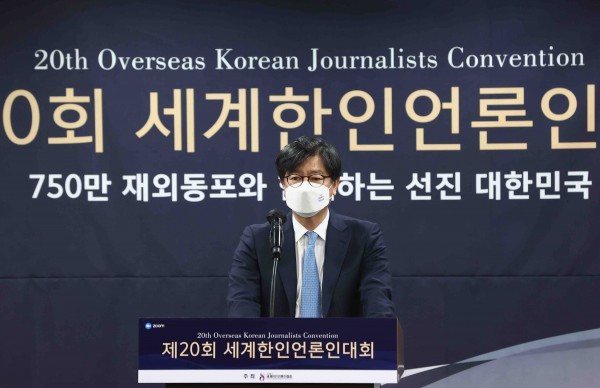The International Press Institute (IPI) welcomes today’s Seoul Central District Court’s verdict that acquits former Sankei Shimbun Seoul bureau chief Tatsuya Kato of defaming President Park Geun-hye. Nonetheless, IPI reminds South Korean authorities that criminalising defamation falls dramatically short of international legal standards and has a chilling effect on journalists.
“IPI welcomes Mr. Kato’s acquittal a ruling which sets a positive precedent in South Korea,” IPI Executive Director Barbara Trionfi said. “At the same time, we also urge South Korea to reform its defamation laws so as to ensure that journalists don’t face the threat of a prison sentence as a consequence of their job”.
Kato’s story goes back to August 2014, when he published an article on the Japanese daily Sankei Shimbun’s website questioning the South Korean president’s whereabouts in April 2014 during a tragic ferry accident where more than 300 passengers perished. Kato’s piece allegedly referred to rumours that appeared on Korean media outlets, suggesting that President Park’s apparent absence was due to a secret meeting with a former male aide, with whom she was allegedly romantically involved.
The article gained wide attention in the media, amid public criticism of the South Korean government’s handling of the ferry accident.
In early October 2015, Kato was indicted for defaming Park’s reputation, facing a prison term of up to seven years. Under South Korean law, the punishment for defamation committed in an online publication is harsher than in print or broadcast media.
In a Seoul court hearing on Oct. 19, 2015, prosecutors demanded an 18-month prison term arguing that Kato knowingly published groundless rumours, therefore intentionally slandering President Park.
Japan’s Newspaper Publishers & Editors Association, Nihon Shinbun Kyokai (NSK), said today in a statement: “The freedom of the press to gather and distribute information and the freedom of speech are principles which form the foundation of democratic society, and a not guilty verdict is the only reasonable outcome. We will continue to pay close attention to this issue, to ensure that the ability of the press to freely gather and distribute information is not threatened”.
In a 2002 joint declaration, the U.N. Special Rapporteur on Freedom of Opinion and Expression, the OSCE Representative on Freedom of the Media and the OAS Special Rapporteur on Freedom of Expression stated: “Criminal defamation is not a justifiable restriction on freedom of expression; all criminal defamation laws should be abolished and replaced, where necessary, with appropriate civil defamation laws.



